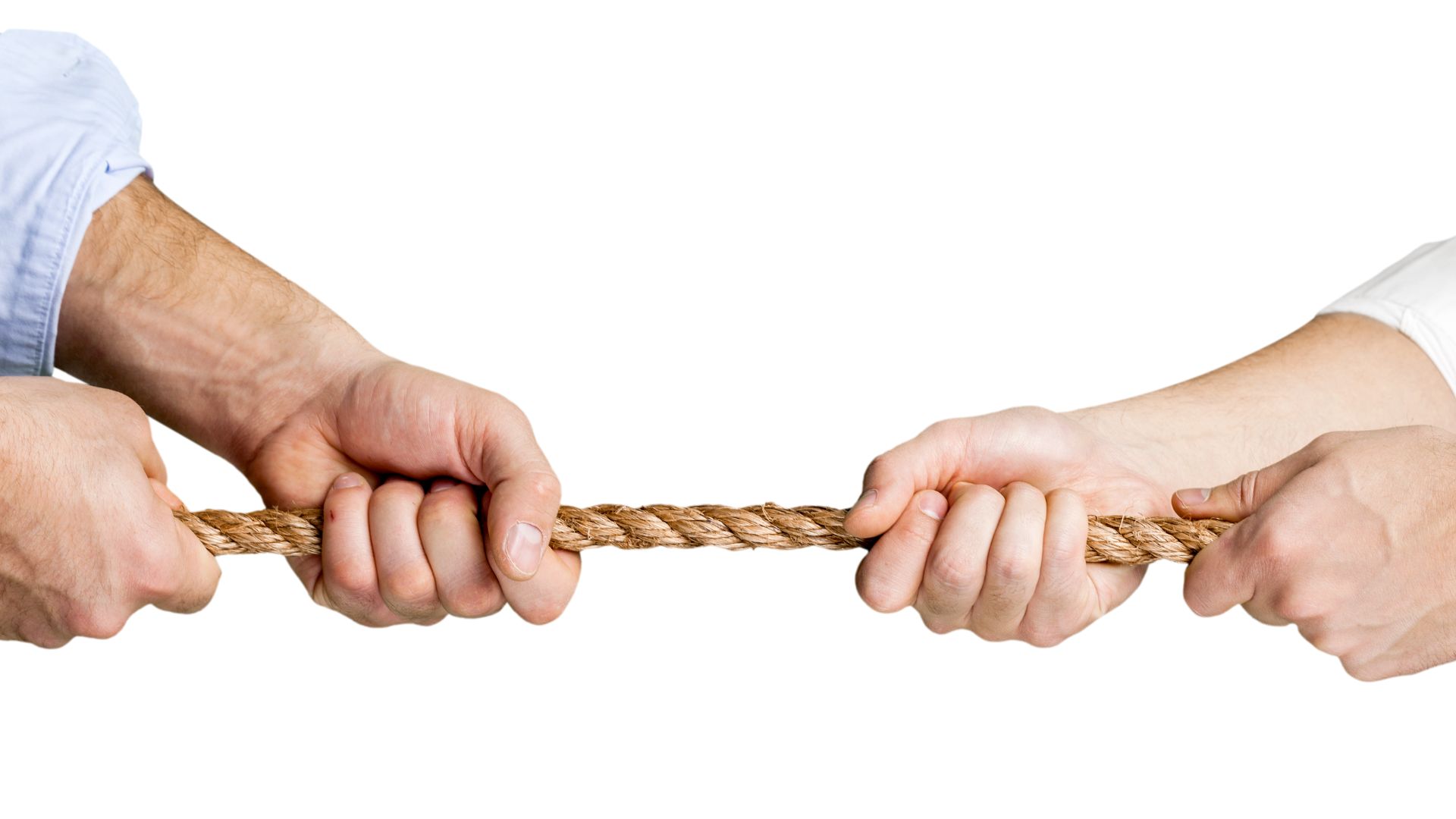Building Bridges, Not Barriers: A Guide to Effective Workplace Conflict Resolution

Navigating the complexities of leadership becomes truly challenging when conflicts arise within a team. While conflict itself is not inherently negative, its resolution can significantly impact team dynamics and productivity. This article explores the nuances of conflict, its impact on the workplace, and strategies for effective conflict resolution.
The Role of Conflict in Human Interaction

Conflict is a natural part of human interaction, often arising from differences in perspectives, priorities, or goals. In a healthy context, conflict is essential for solving complex problems and fostering innovative breakthroughs. It serves as a catalyst for critical thinking and creativity, driving teams toward optimal solutions. However, when handled poorly, conflicts can escalate into counterproductive relationships, hindering team dynamics and affecting overall output.
Conflict can also be also be costly. According to a study by Pollack Peacebuilding Systems, the cost of unhealthy conflict in the workplace is substantial. U.S. employees spend an average of 2.8 hours per week entangled in conflicts, resulting in approximately $359 billion annually in paid hours diverted from positive productivity. Unresolved conflicts can lead to strained working relationships, decreased job satisfaction, and a decline in overall team effectiveness.
So, why and how does conflict happen?

Conflict starts in our brains, and it goes back to our ancient survival instincts. When we face something different or challenging at work, our brain reacts as if we're in real danger, triggering a "fight, flight, or freeze" response.
This reaction was originally meant to protect us from immediate physical threats, like being chased by a predator. But in our modern workplace, where physical harm is unlikely, our brain still reacts the same way, making conflicts more intense.
Think of it like this: when we feel threatened, our brain focuses on survival, not logical thinking. This can lead to strong emotions and quick reactions during conflicts.
Understanding this helps us stay calm and think more clearly in conflicts. It's like knowing why a fire alarm goes off – it's there to protect us, but we don't want it going off for a small issue. Similarly, our brain's alarm system is trying to protect us, but sometimes it gets triggered too easily in the workplace.
Developing Conflict Management Skills

As leaders, leaders must cultivate effective conflict management skills to navigate workplace conflicts effectively. Recognising the need for improvement is the first step. If you find yourself avoiding conflicts, lacking consideration when expressing disagreement, or struggling to find common ground, it may be time to enhance your conflict resolution skills. Here are some tips that can help you do so.
Developmental Tips for Conflict Management

1. Foster self-awareness during conflicts and focus on the issues rather than personal matters.
Acknowledge your emotions and biases during conflicts. By separating personal emotions from the problem at hand, you can better understand the root causes of the conflict and work toward resolution.
2. Consider what actions or words can contribute to a more productive conversation.
Think about how your words and actions impact the conflict. Choose communication strategies that promote understanding and collaboration rather than escalating tensions.
3. Address conflicts promptly; avoidance only prolongs and exacerbates the issue.
Avoidance can intensify conflicts over time. Promptly addressing issues demonstrates a commitment to resolution and prevents lingering resentment among team members.
4. Be open to changing perspectives and exploring alternative solutions.
Embrace a flexible mindset. Being open to different viewpoints and alternative solutions fosters a collaborative atmosphere and allows for the discovery of innovative approaches to conflict resolution.
5. Evaluate your communication intent to avoid creating hostility and maintain dignity.
Reflect on your communication goals. Ensure that your messages promote understanding and respect, avoiding language or tone that could escalate the conflict or damage relationships.
6. Encourage creativity and brainstorming to identify mutually beneficial solutions.
Foster a creative environment where team members feel empowered to suggest and explore alternative solutions. This approach encourages collaboration and helps identify options that benefit all parties involved.
7. Use objective criteria and data rather than emotions to reach resolutions.
Base decisions on facts and data rather than emotional reactions. This approach ensures that resolutions are grounded in objective assessments, reducing the risk of biased or impulsive decision-making.
8. Recognise and respond to the emotional states of others involved in the conflict.
Acknowledge the emotions of those involved in the conflict. Understanding their feelings allows you to respond empathetically, creating an environment where emotions can be effectively managed and conflicts resolved constructively.
The Impact of Effective Conflict Management Skills

Leaders with strong conflict management skills can foster healthier work environments. They can resolve conflicts efficiently, mitigate potential issues, and create a workplace where team members are engaged, productive, and focused on common goals. By building bridges instead of barriers, leaders contribute to a harmonious workplace conducive to growth and success.
Effective conflict resolution is a vital leadership skill that directly influences team dynamics and productivity. By honing conflict management skills, leaders can transform workplace conflicts into opportunities for growth and collaboration, ultimately contributing to a more harmonious and productive work environment.
We Are Here to Help
At People Builders, we have a team of expert trainers and coaches who will help you and your team develop Social and Emotional Intelligence, Conflict Management Skills, and many other competencies.
Contact us today for a quick chat to see how we can partner with you to train and coach you and your team. If you want to become a certified trainer and coach in Social and Emotional Intelligence or Extended DISC Behavioural Profiling, find out how by visiting the People Builders Institute website.
Let's start a conversation!
Contact us to see how we can partner with you to bring out the best in your people.
We hate SPAM. We will never sell your information, for any reason.



